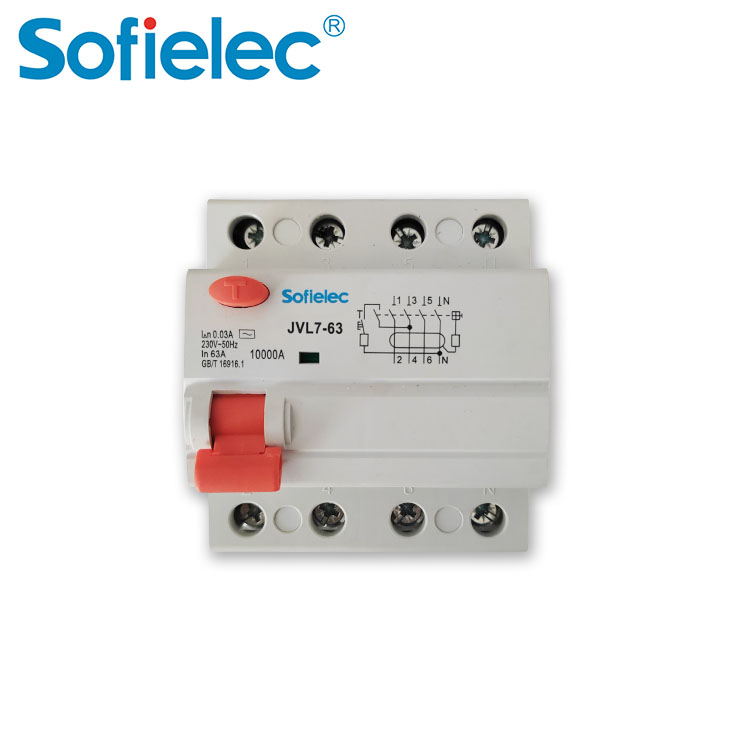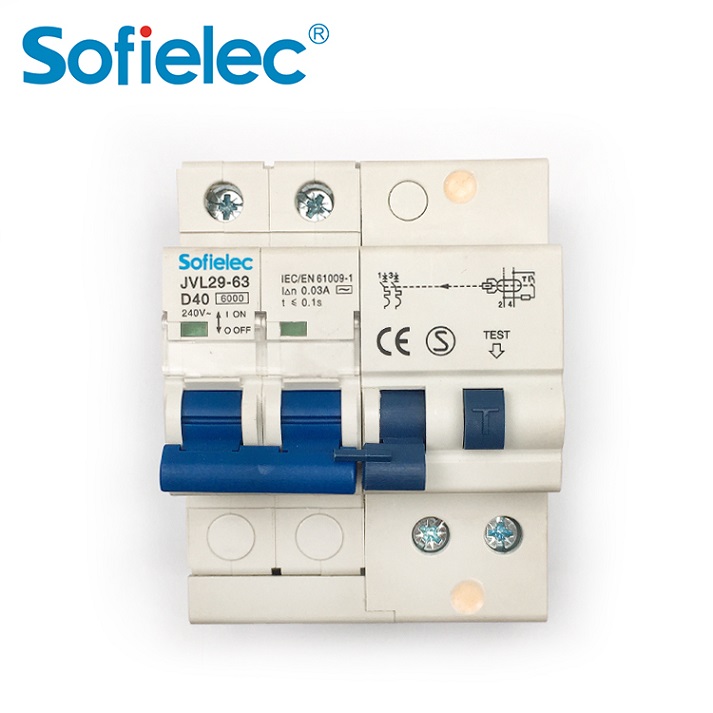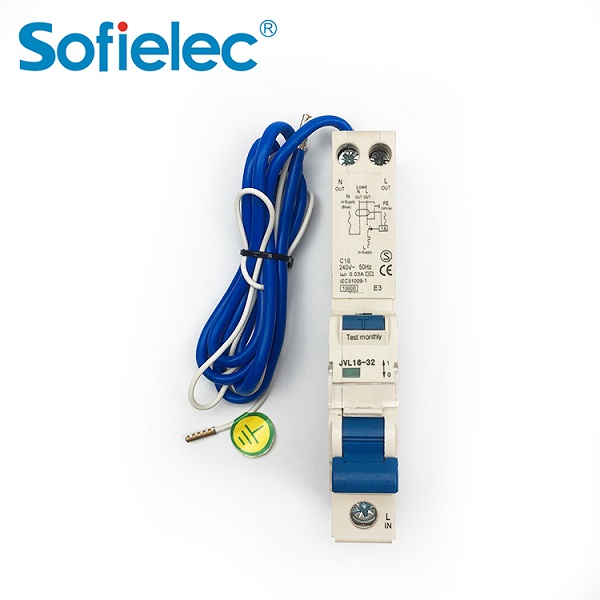What Scenarios Require the Use of a Residual Current Circuit Breaker?
Electrical safety is a top priority in daily life and work, yet many people are unsure when to use a device that guards against electric shock. This article explains the key scenarios where a Residual Current Circuit Breaker is necessary, helping you build safer electrical systems.
Moisture-Prone Areas at Home
Moisture reduces the body’s resistance to electricity, making electric shock more likely in damp spaces. A Residual Current Circuit Breaker is critical here because it detects tiny leaks in current—even small amounts that standard breakers might miss.
Common home areas include bathrooms (where hair dryers, electric shavers, or water heaters are used near water) and kitchens (with electric stoves, dishwashers, or kettles that could develop water-related wiring issues). These spaces often have frequent contact between electricity and moisture, so the device’s ability to quickly cut power prevents harm.
Commercial Spaces with High Foot Traffic
Commercial areas like shopping malls, restaurants, or office lobbies have two key risks: large numbers of people and multiple connected devices. More people mean a higher chance of someone touching a faulty appliance, and more devices (such as display screens, POS systems, or kitchen equipment) increase the odds of wiring faults.
A Residual Current Circuit Breaker adds a layer of protection beyond standard overcurrent devices. It responds to current leaks caused by damaged cords or faulty equipment, stopping power flow before anyone is shocked—essential for spaces where safety affects both customers and employees.

Industrial Workshops with Heavy Equipment
Industrial settings, such as manufacturing plants or repair shops, use large electrical tools and machinery. These devices draw high current, and over time, their wiring can wear down, or internal components can fail—leading to hidden current leaks.
Unlike residential or commercial setups, industrial leaks might not be obvious, but they pose severe risks to workers operating heavy machinery. A Residual Current Circuit Breaker detects these leaks early, preventing electric shock and avoiding disruptions to production from unexpected equipment failures.
Outdoor Electrical Setups
Outdoor electrical use exposes wiring to weather, dirt, and physical damage. This includes things like garden lighting, electric lawn mowers, or temporary power outlets for outdoor events. Rain, snow, or even wet soil can cause current to leak from damaged cords or connections.
A Residual Current Circuit Breaker is vital here because outdoor environments lack the controlled conditions of indoor spaces. It safeguards against shocks from weather-related damage, ensuring safe use of outdoor electrical devices for gardening, events, or maintenance.
Conclusion
To sum up, a Residual Current Circuit Breaker is essential in scenarios where electric shock risks are heightened—moist home areas, busy commercial spaces, industrial workshops, and outdoor electrical setups. Recognizing these scenarios helps you proactively boost electrical safety, whether at home, work, or in public areas.
If you want to learn more about products that fit these safety scenarios and ensure reliable protection for your specific electrical needs, you can visit our product page to explore detailed information on solutions designed for different usage environments.



